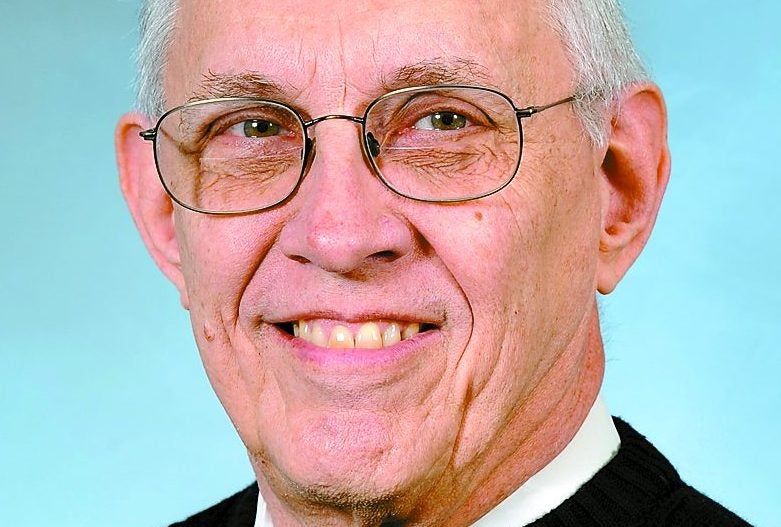Witt: What is impeachment?
Published 10:19 am Tuesday, July 2, 2019

- Chuck Witt is a retired architect and a lifelong resident of Winchester.
The big “I” word is flowing with abandon from the lips of political pundits these days.
Impeachment.
Since 1797, the House of Representatives has impeached 16 federal officials: two presidents, a cabinet member, a senator, a Supreme Court justice and 11 federal judges.
Of the two presidents impeached, Andrew Johnson and Bill Clinton, neither was removed from office.
Impeachment is a complicated process, which probably explains why only 16 impeachments have occurred in 222 years.
Articles of Impeachment originate in the House of Representatives and are passed by simple majority.
The Senate is then tasked with conducting a “trial,” the result of which must be supported by a majority of two-thirds.
Only if a guilty verdict is handed down will the impeached official be removed from office. The Chief Justice of the Supreme Court resides at the Senate trial of a president although his position is not constitutionally required at Senate trials of lesser impeached officials.
Article I, Section 3, clauses 6 and 7 of the Constitution state conviction by the Senate “shall extend no further than to removal from Office, and disqualification to hold and enjoy any Office of Honor, Trust or Profit under the United States…”
The section goes further to state any party removed from office “shall nevertheless be subject to Indictment, Trial, Judgment and Punishment, according to law.” Which means a person removed from office by impeachment still faces the prospect of being tried in other courts for other civil or criminal violations.
Article II, Section 4 states, “The President, Vice-President and all civil officers of the United States shall be removed from Office on Impeachment for, and Conviction of Treason, Bribery, or other high crimes and misdemeanors.”
Well, treason and bribery are pretty precise terms. But “high crimes and misdemeanors” is most certainly not a phrase containing a high level of precision. And nowhere in the Constitution is there an attempt to define the phrase or terms more succinctly or more accurately.
As “Beauty is in the eye of the beholder,” so too can the definition of a high crime or misdemeanor be somewhat vague and open to the assessments of individuals.
With sufficient digging, one might be able to determine the composition of the Congress at the times of impeachment — and the political persuasion of those being tried — to ascertain how politics may have played a role in the outcome.
But that is beyond the scope or length of this column.
However, politics is certainly in play currently as the Democrat-controlled House edges closer and closer to instituting an impeachment inquiry about our Republican president, while the House Speaker understands the Republican-controlled Senate would, with almost absolute certainty, never produce a two-thirds majority to indict.
And this split between the two political parties is such that it has become almost impossible to deal with legislation simply on the basis of its impact on the populace.
Impeachment would almost certainly be colored by party affiliation as so many of our current legislators have lost all intent to “work across the aisle” in the interest of the people.
Many will find it impossible to recall a time in our modern history when this condition obtained so forcefully as now.
Chuck Witt is a retired architect and a lifelong resident of Winchester. He can be reached at chuck740@bellsouth.net.





